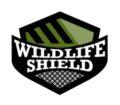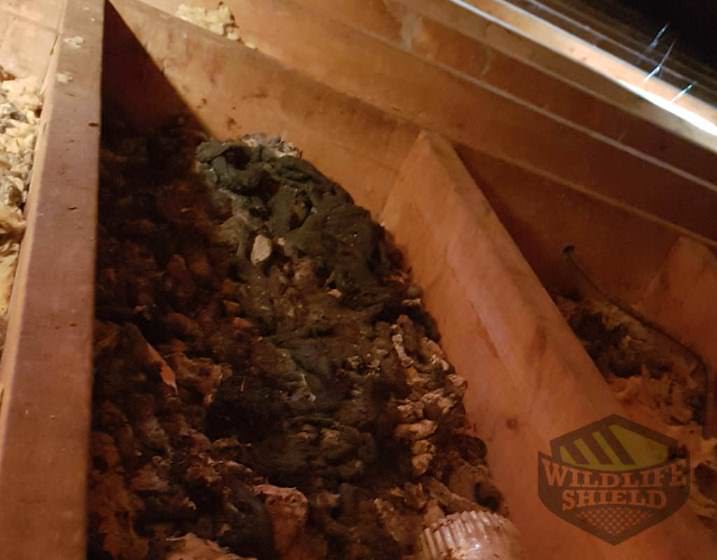If you’ve ever had a raccoon problem, then you understand they can be pretty messy. If not, ask someone who has had the chance of having their garbage bins toppled overnight and its content spread all over their lawn for the whole neighborhood to see. With that in mind, it’s not hard to imagine the kind of damage they would pose if they had access to your home.
If raccoons get the chance to invade your home, they have the capability of causing a tremendous amount of damage that would cost tens of thousands of dollars in repair. At Raccoon Control, most of our clients found that raccoons invading their attics is just a tip of the iceberg, what they do inside is most worrisome. In a couple of weeks, a raccoon family can destroy your attic by soaking it in urine and feces and gutting out the insulation. Call us for raccoon removal Scarborough services: 647-557-7932
Damage to attic insulation
Raccoons weigh just about 25 to 30 lbs. Their movements can easily decompress attic insulation. Nursing females are the worst since they often clear out the insulation looking for nesting material. They are capable of clearing out a large section in a very short time.
The damage raccoons pose to your attic will ultimately affect the effectiveness and efficiency of your insulation. Apart from having to replace the insulation, you will need to clear out their mess, and also have to put up with high energy costs resulting from insulation damage.
Raccoons will damage your insulation, roof structures, ventilation, and electrical cabling. This damage can lead to fires and even water damage.
Health hazards
Raccoons have the capability of spreading harmful diseases to humans and pets that get in contact with their waste. Both adult and young raccoons can transmit viruses, parasites, and bacteria that when exposed to pets and humans can result in harmful diseases. It’s important that property owners do not handle raccoon waste, if possible, get the help of a professional wildlife removal service.
Humans can get exposed to raccoon spread diseases when they handle their feces or are exposed to their body secretions. Feces, bites, and saliva are the most common modes of transmission. Handling water, soil or contaminated material could also lead to infection. In case you get in contact with a raccoon of any age or size, it’s important to visit a physician immediately.
The following are diseases that can be transmitted to humans after getting in contact with raccoons.
- Rabies. The rabies virus is spread when animals or humans get into contact with the saliva of a rabid animal through bites or scratches. In Canada, raccoons are considered primary carriers of the virus.
- Baylisascarisprocyonis. This roundworm develops in the intestines of a raccoon. It lays some eggs that are transmitted through the feces. The feces that contain this parasite can be infective to humans after two to four weeks of incubation. Humans can get infected by handling the feces through cleaning, and it causes a central nervous system disease known as Visceral Larval Migrans.
- Leptospirosis. This is a species of bacterial infection that can affect most animals and humans. Raccoons are known to shed this bacterium in urine and feces. Exposure to these excretions orally or through open wounds can cause infections to humans.
- Giardiasis. This is a species of protozoal infection that is transmitted by some different wild animals including raccoons. Raccoons carry the infecting organism in their feces that contaminates water and soil. When ingested by humans through infected sources, patients can develop severe gastrointestinal symptoms.
- Other infections. Humans can suffer from other diseases through contact with raccoons. Salmonella, fungus as well as other bacteria are also transmitted by raccoons. It’s important to practice extreme hygiene if you have to handle raccoons or their waste.
The best way to prevent damage from raccoons is by hiring a professional wildlife removal service such as Raccoon Control. However, you could also implement several preventive measures to discourage raccoons from raiding your property and causing both health and structural damages.
- Food is the biggest motivation for raccoons to set up shop in your property. In case your home offers a constant supply of food through the garden, pet food or trash, raccoons will be more than glad to be unwelcomed visitors.
- Ensure that you keep your garbage in the wildlife-proof,well-secured trash can. Make sure the lid has strong latches and hinges to prevent them from getting ripped off.
- Get rid of any pet food and ensure that you have baffles installed on bird feeders. Also, install a tray six inches below the feeder to collect dropped seed. Fallen seed on the ground will attract raccoons.
- If you have trees with low hanging branches next to your structures makes sure they are cut off. Raccoons are excellent climbers and will use these branches to get on to your structures, ceiling or into your house.
Hire a professional animal removal service to check for entry points in your property. Exclusion services work best to keep off raccoons from your property. Preventing raccoons from gaining access to your property will ultimately save you a lot of money and protect you from the health hazards they pose. Call us now: 647-557-7932

